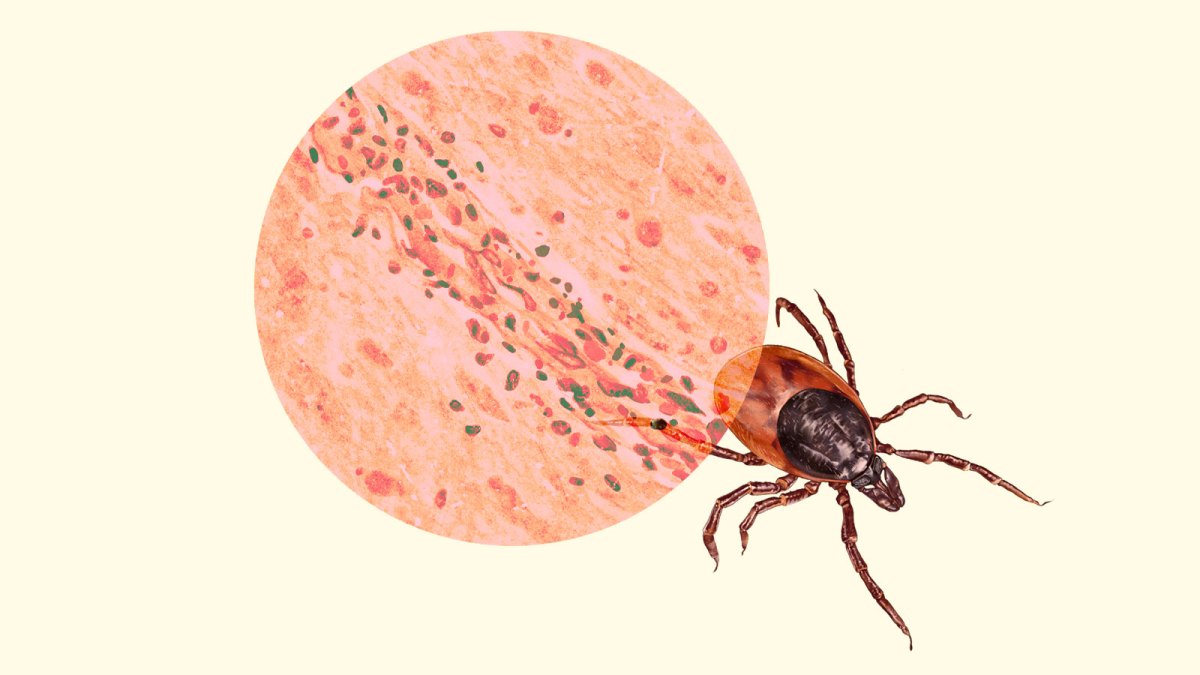
In early May, a woman in her 90s was hospitalized in Connecticut with a strange assortment of symptoms: confusion, nausea, chest pain, chills, and fever. Two weeks later, on May 17, she died. The culprit was a blacklegged tick, a minuscule arachnid about the size of a sesame seed when fully grown.
Blacklegged ticks, commonly known as deer ticks, carry a wide range of illnesses. They’re best known for carrying Lyme disease, a sickness that causes a rash, fatigue, fever, and other unpleasant, sometimes debilitating, symptoms. The tick that killed the woman in Connecticut was carrying a disease that is far rarer and deadlier than Lyme: It’s called Powassan virus, or POWV. Blacklegged ticks carrying Powassan kill one in 10 of the people who develop severe symptoms. Half of those who survive a serious bout of the illness continue to experience the effects of the disease, such as loss of muscle mass and recurring headaches, for the rest of their lives.
The fatality in Connecticut is the second Powassan-related death in the United States this year. In April, someone in Maine died in the hospital after contracting the illness from a tick bite. Two deaths... Read more









